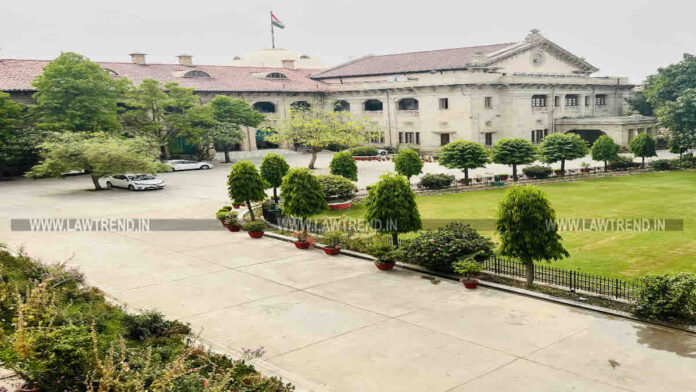The Allahabad High Court, in a significant ruling on the scope of its writ jurisdiction, has dismissed a petition filed by landowners challenging the quantum of compensation awarded by an arbitrator for land acquired by the National Highways Authority of India (NHAI). A division bench of Justice Mahesh Chandra Tripathi and Justice Anish Kumar Gupta
To Read More Please Subscribe to VIP Membership for Unlimited Access to All the Articles, Download Available Copies of Judgments/Order, Acess to Central/State Bare Acts, Advertisement Free Content, Access to More than 4000 Legal Drafts( Readymade Editable Formats of Suits, Petitions, Writs, Legal Notices, Divorce Petitions, 138 Notices, Bail Applications etc.) in Hindi and English.




